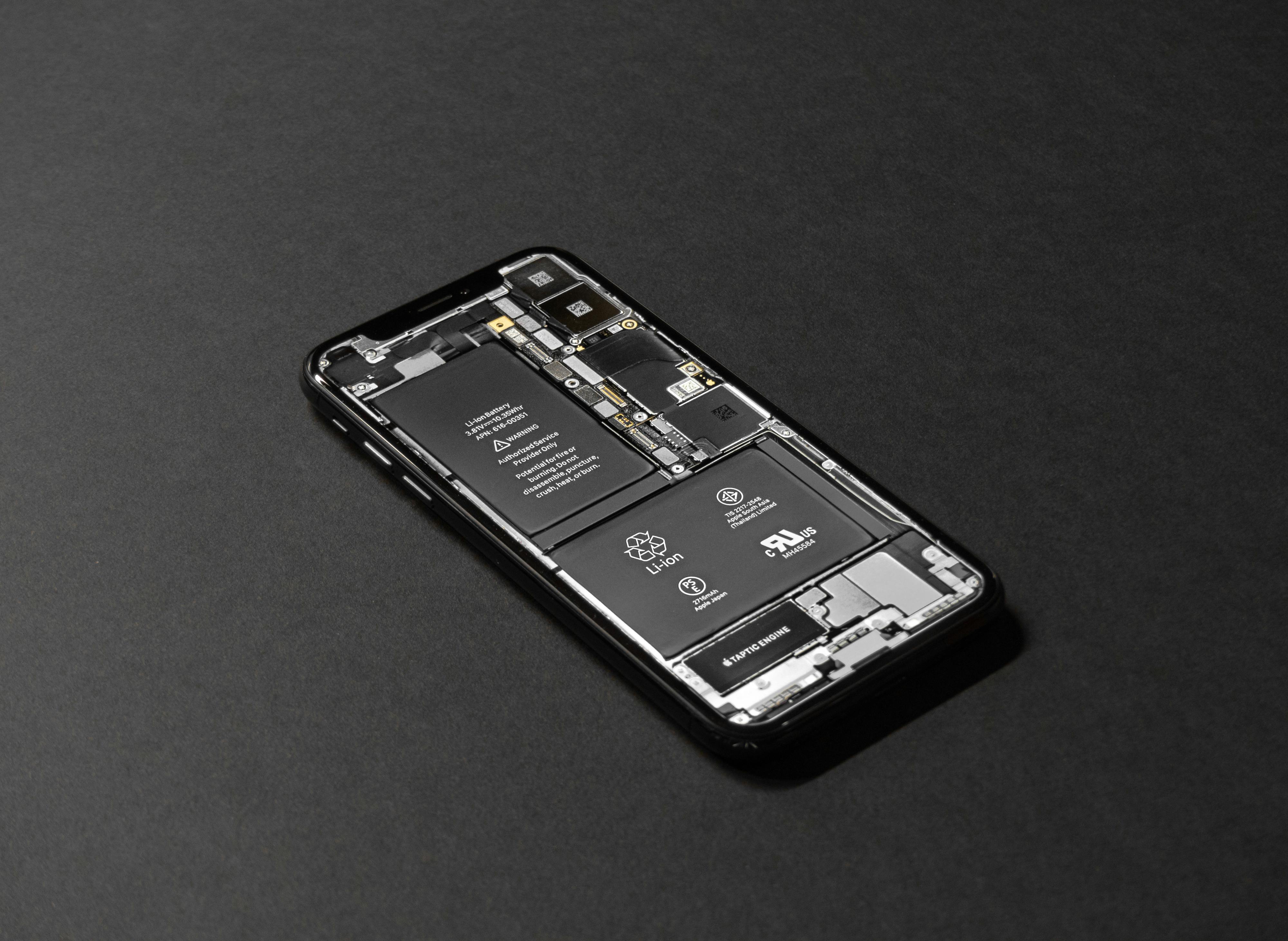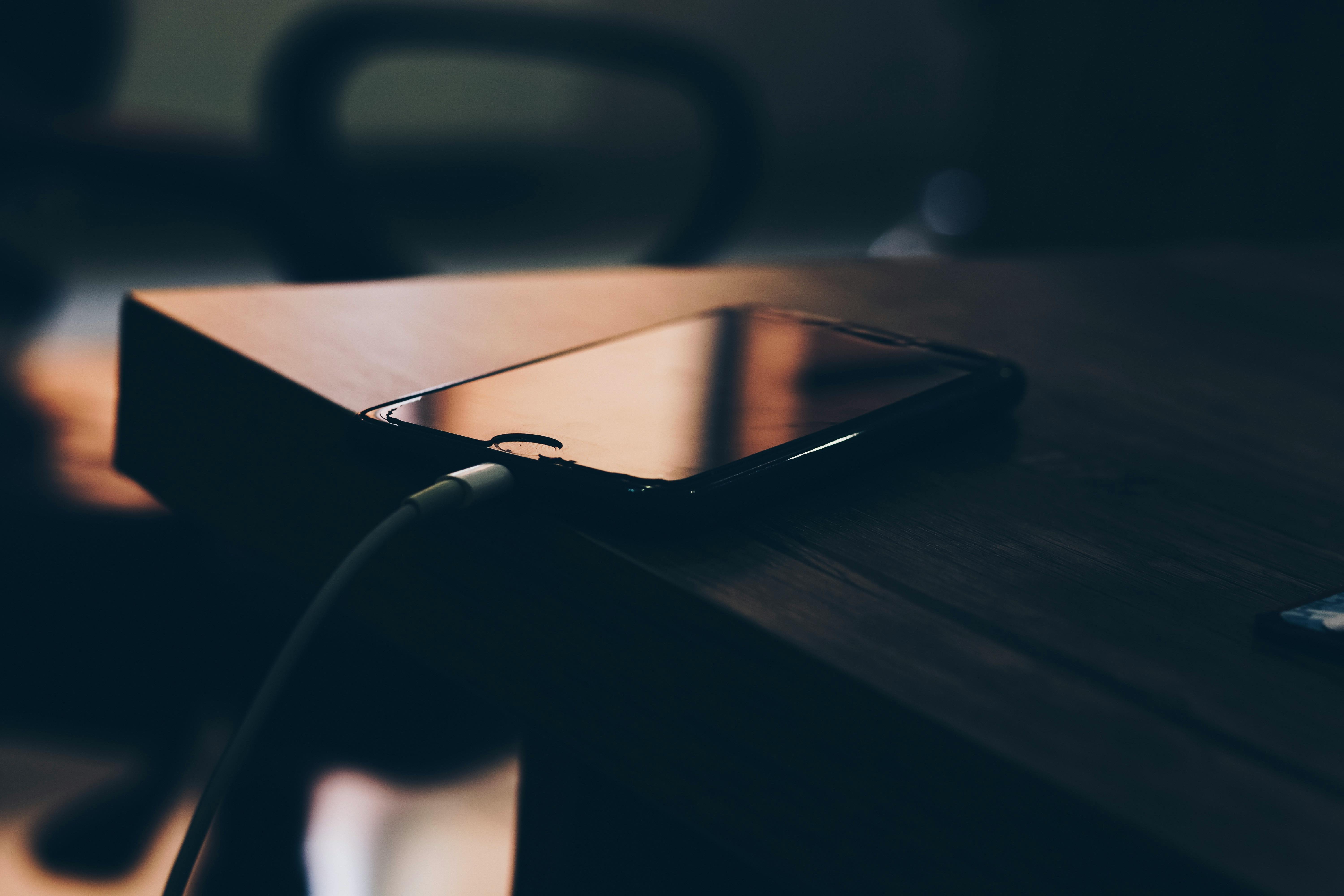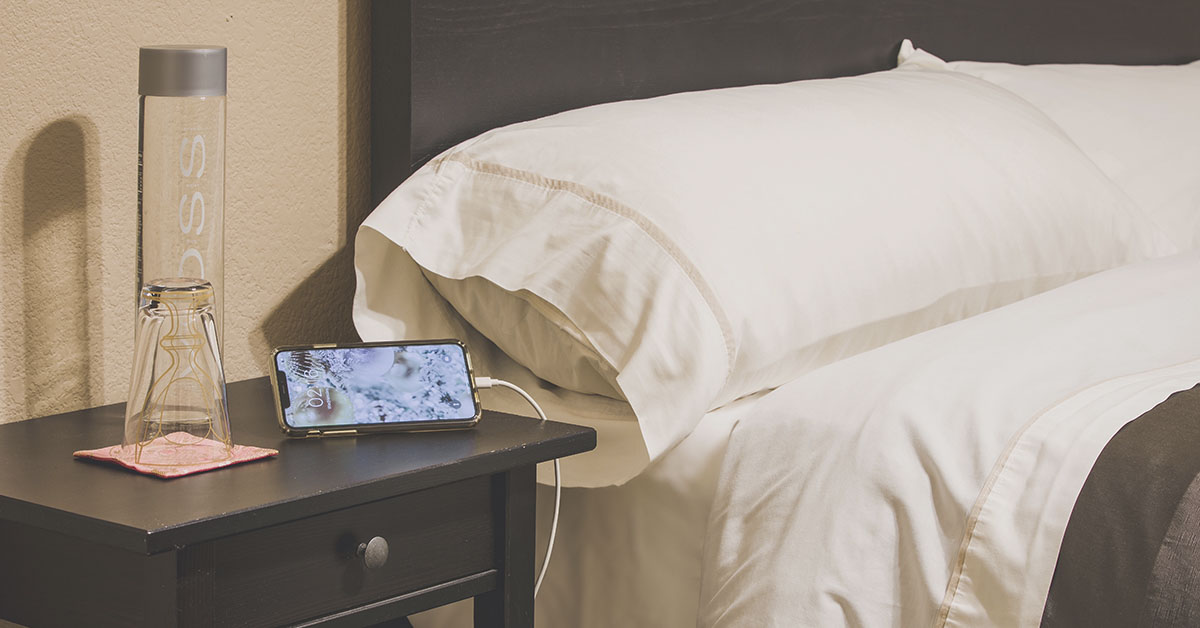Many people place their phones beside them before going to bed. Some use it as an alarm, while others scroll until they fall asleep. But experts are now warning against a routine that seems harmless. Charging your iPhone overnight and leaving it close while you sleep could be dangerous. The fire service in the United Kingdom has issued a major warning to households, urging people not to sleep next to phone, especially while it’s charging. The reason is simple. Lithium ion batteries, used in most modern smartphones, can overheat or malfunction. In the worst cases, they can catch fire or even explode.
The Dangers of Overheating Batteries
Lithium ion batteries are known to generate heat when charging. If your phone is under a pillow or a blanket, the heat cannot escape. This trapped heat can damage the battery over time and raise the chances of thermal runaway. That is a condition where a battery gets hotter and hotter until it bursts. It has caused house fires and injuries across the world. Placing a charging phone on a soft surface increases the risk of overheating. Many users forget this and assume their phones are safe overnight.
Fire Hazards in the Bedroom
Fire departments often warn about the flammable materials found in most bedrooms. Sheets, pillows, and mattresses can ignite quickly. Even a minor spark or short circuit can lead to a deadly fire. A phone tucked under a blanket can become a hidden danger. People who sleep next to phone are unknowingly creating a fire risk every night. According to safety officers, phones should always be placed on a hard, non-flammable surface while charging.
Read More: Younger Generations Are Ditching Smartphones for Dumbphones
Swollen Batteries and Toxic Fumes
The risks do not stop at overheating. Damaged or faulty batteries can expand or rupture. Some users have reported cases where their phones became hot, and the back panel bulged. In more severe cases, batteries have burst open, leaking dangerous chemicals. These chemicals are harmful to touch and breathe. When a battery ruptures in a small space, it can release toxic fumes. Bedrooms often have closed windows and poor air circulation, especially during cold nights. This creates a perfect environment for harmful gases to build up.

Unsafe Charging Accessories
Another issue involves the quality of the charging equipment. Cheap or counterfeit chargers may lack proper voltage regulation. Without safety features, these accessories can overheat or fail. The risk increases when people use damaged or frayed cables. Wires with exposed metal can short-circuit, spark, and cause electrical fires. It is important to use only certified chargers that come from reputable manufacturers. If you sleep next to phone while using an unsafe charger, the chances of an incident grow even higher.
Simple Ways to Stay Safe
Safety experts recommend a few simple changes to lower these risks. Never place a charging phone under your pillow or near flammable bedding. Instead, charge it on a desk or nightstand with good airflow. Unplug the phone once it’s fully charged. This prevents unnecessary heat buildup and extends the life of the battery. If your device becomes unusually hot, unplug it immediately and allow it to cool. These precautions are easy to follow but often ignored out of convenience.
The Importance of Proper Disposal
Old phones and worn-out batteries pose an even greater risk. People often store old electronics in drawers or toss them in household bins. However, these batteries can still hold a charge. If punctured or crushed, they can ignite. Always recycle electronics at approved collection centers. Before dropping them off, tape over the battery terminals to prevent short circuits. Responsible disposal helps reduce fire risk in both homes and public spaces. This is especially important for people who sleep next to phone and may keep old devices nearby.
How to Spot Battery Trouble
Signs of battery problems should not be ignored. A phone that feels warm even when not in use may have a faulty battery. Swelling, leaking, or unusual smells are clear warnings. If you notice any of these signs, stop using the device immediately. Place it in a fire-safe area, such as on a metal tray or tile floor, and seek professional help. Sleeping beside a device with battery issues increases the chance of harm. People should inspect their phones regularly and avoid taking risks with damaged equipment.

Myths About Radiation
There are also myths about radiation exposure from mobile phones during sleep. While some worry about electromagnetic fields, current studies have not confirmed long-term health effects. The greater and proven concern is fire, not radiation. Overheating, faulty chargers, and battery defects are real dangers with documented consequences. Keeping the focus on these known risks can lead to safer habits.
Read More: 6 Sleep-Related Warning Signs that Could Indicate an Elevated Stroke Risk
A Habit Worth Changing
Modern life depends heavily on smartphones, and it’s easy to forget the dangers that come with them. Charging phones overnight is convenient, but convenience should never come before safety. Each year, fire services respond to countless incidents caused by electronic devices. Many of them start in bedrooms while people sleep. You do not want to wake up to smoke, sparks, or flames. These events are not rare, and they can happen to anyone. All it takes is a bad charger, a faulty battery, or a poor charging location.
The easiest way to prevent this is by creating safe nighttime routines. Never charge your phone in bed. Place it on a safe surface away from fabrics. Use only trusted cables and power bricks. If the phone feels too warm, unplug it and investigate. These simple choices can protect your home and loved ones. If you or someone you know tends to sleep next to phone, it may be time to make a change.
Conclusion
The warnings are clear and well-documented. Technology may evolve, but lithium ion batteries will always carry some level of risk. Following expert advice helps you minimize that risk. So tonight, before you plug in your phone and turn off the light, think twice about where you leave it. A few inches farther from your bed could make all the difference.
Disclaimer: This article was created with AI assistance and edited by a human for accuracy and clarity.

